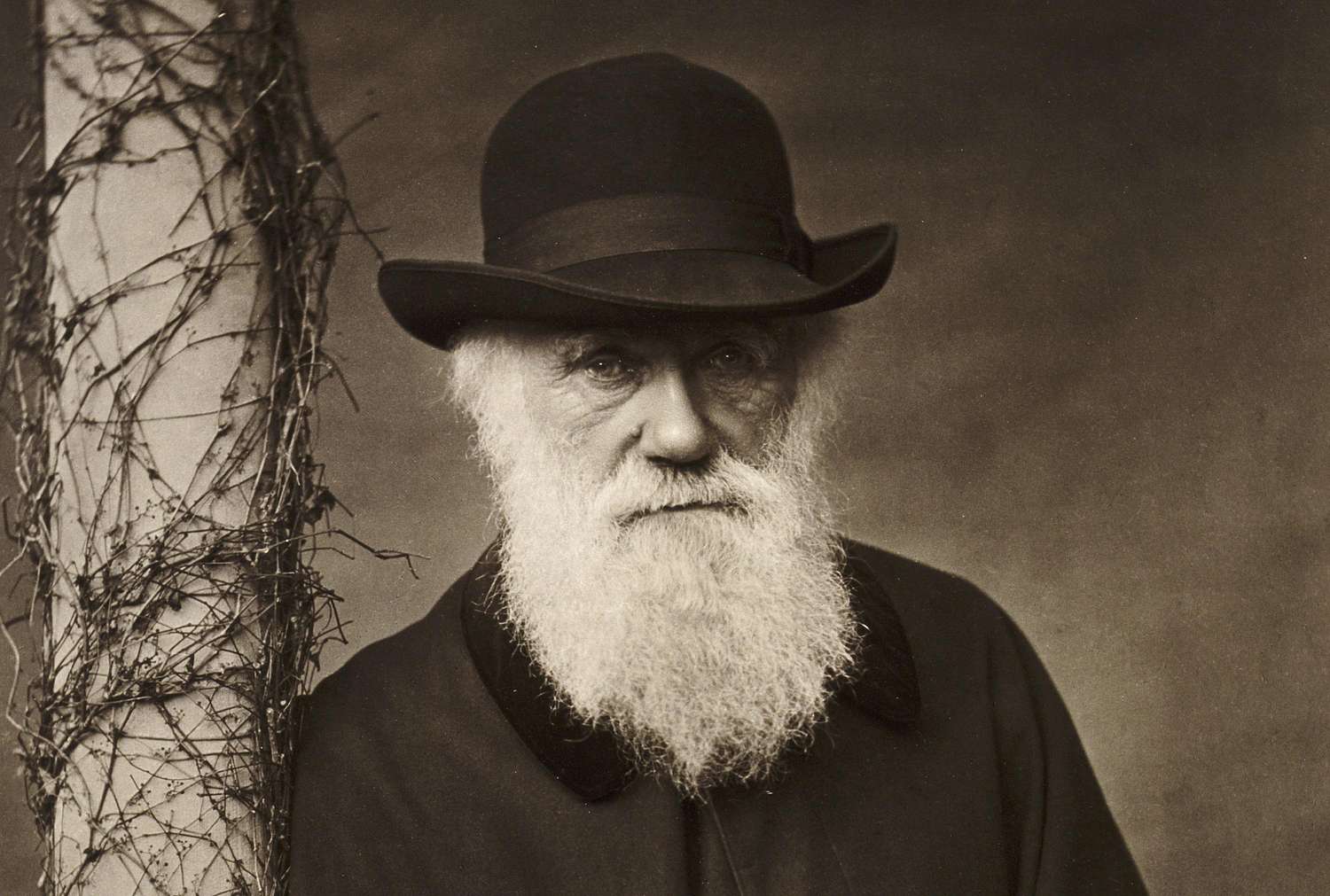Charles Darwin: The Architect of Evolutionary Theory
Charles Robert Darwin (1809-1882) remains one of the most influential figures in the history of science, renowned for his revolutionary theory of evolution by natural selection. Born on February 12, 1809, in Shrewsbury, England, Darwin’s early life was marked by a keen interest in nature and a curiosity about the world around him. His father, a wealthy physician, and his mother, a member of the Wedgwood family, provided a comfortable upbringing that allowed Darwin to pursue his interests.
Darwin initially enrolled at the University of Edinburgh to study medicine, but his aversion to surgical procedures led him to abandon this path. He then attended Christ’s College, Cambridge, intending to become a clergyman. However, it was his passion for natural history that truly captured his imagination. Encouraged by his mentor, botanist John Stevens Henslow, Darwin embarked on a voyage that would change the course of science.
In 1831, Darwin joined HMS Beagle as a naturalist on a five-year expedition to chart the coastlines of South America. This journey proved pivotal in shaping his scientific ideas. During his time on the Galápagos Islands, Darwin observed distinct variations in the beaks of finches, which seemed to correlate with their specific dietary needs on different islands. These observations led him to ponder the mechanisms driving such diversity.
Upon returning to England, Darwin meticulously analyzed his findings and, over the next two decades, developed his theory of evolution by natural selection. In 1859, he published On the Origin of Species, a landmark work that proposed that species evolve over time through the process of natural selection, where individuals with advantageous traits are more likely to survive and reproduce. This theory challenged prevailing notions of static creation and provided a unifying explanation for the diversity of life on Earth.
Darwin’s theory of evolution sparked intense debate within scientific and religious communities. Critics argued against the implications for the origins of humanity and the perceived conflict with religious doctrine. Despite the controversy, Darwin’s ideas gained traction, supported by growing evidence from various scientific disciplines. His work laid the groundwork for the modern understanding of genetics, ecology, and conservation biology.
In addition to On the Origin of Species, Darwin’s later works, such as The Descent of Man and The Expression of the Emotions in Man and Animals, expanded on the implications of his theory, exploring human evolution and the continuity of emotional expressions across species. His meticulous observations and willingness to challenge established beliefs solidified his reputation as a pioneering thinker.
Curiously, Darwin struggled with health issues throughout much of his life, possibly exacerbated by the stress of his controversial work. Despite his reclusive tendencies and the criticisms he faced, he remained dedicated to his research and writing. Darwin’s modesty and dedication to empirical evidence earned him respect among his peers and left an enduring legacy.
Charles Darwin passed away on April 19, 1882, and was buried in Westminster Abbey, a testament to his profound impact on science and society. His theory of evolution by natural selection revolutionized biological sciences and transformed our understanding of life’s diversity and complexity. Darwin’s contributions continue to resonate in contemporary scientific research, underscoring the interconnectedness of all living organisms and the dynamic nature of life on Earth.
#CharlesDarwin #Evolution #NaturalSelection #Biology #ScienceHistory #OnTheOriginOfSpecies #Galapagos #EvolutionaryTheory #DarwinDay #ScientificDiscovery
